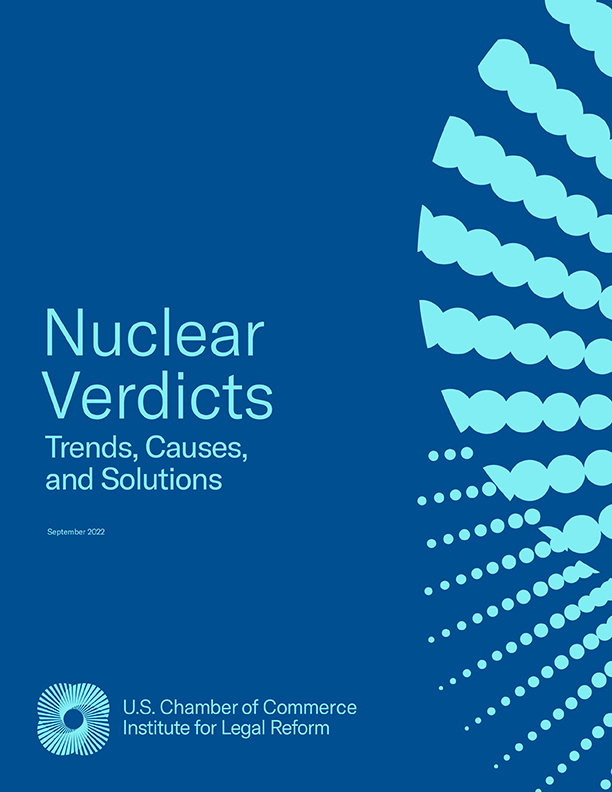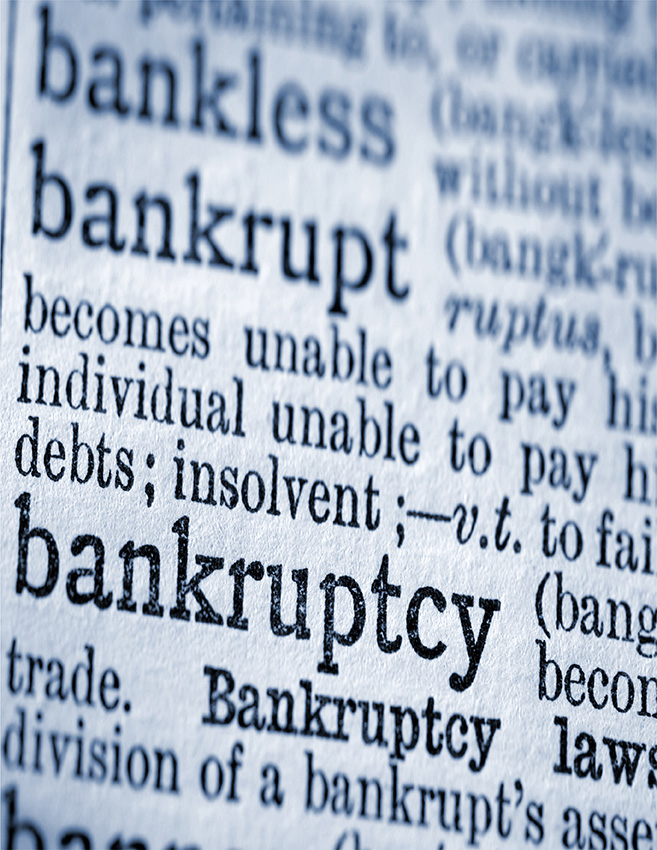WASHINGTON, D.C. — Legislation to impose criminal penalties in product liability cases would drastically impede American competitiveness and raises significant concerns about due process rights, according to testimony given today before the Senate Judiciary Committee by tort law expert Victor Schwartz on behalf of the U.S. Chamber of Commerce.
“The notion of applying criminal sanctions based on vague and unpredictable standards in tort law undermines the basic principles of due process,” said U.S. Chamber Institute for Legal Reform (ILR) President Lisa Rickard. “There are numerous, tough criminal and civil sanctions already in place to deal with defective products, we do not need more.”
Under current law, the view that American business is not sufficiently deterred from knowingly producing and distributing defective products is without foundation, according to the Chamber. In fact, criminalizing product liability law is more likely to result in over-deterrence, exacerbating reluctance by corporations to develop and distribute new products at home and abroad. Studies by the RAND Institute have found that America’s product liability laws are slowing innovation efforts, particularly in the areas of vaccines, contraceptives, and biotechnology. Criminalization would also place added burdens on our already over-burdened courts.
“Criminalizing product liability would only compound the debilitating effects that fear of litigation is already having on the research and development of new, and in many cases, life-saving products,” Rickard continued. “Any such proposed legislation would fill a non-existent void at the price of American competitiveness.”
ILR’s mission is to make America’s legal system simpler, fairer, and faster for everyone. It seeks to promote civil justice reform through legislative, political, judicial, and educational activities at the national, state, and local levels. The U.S. Chamber of Commerce is the world’s largest business federation, representing more than 3 million businesses and organizations of every size, sector, and region.



